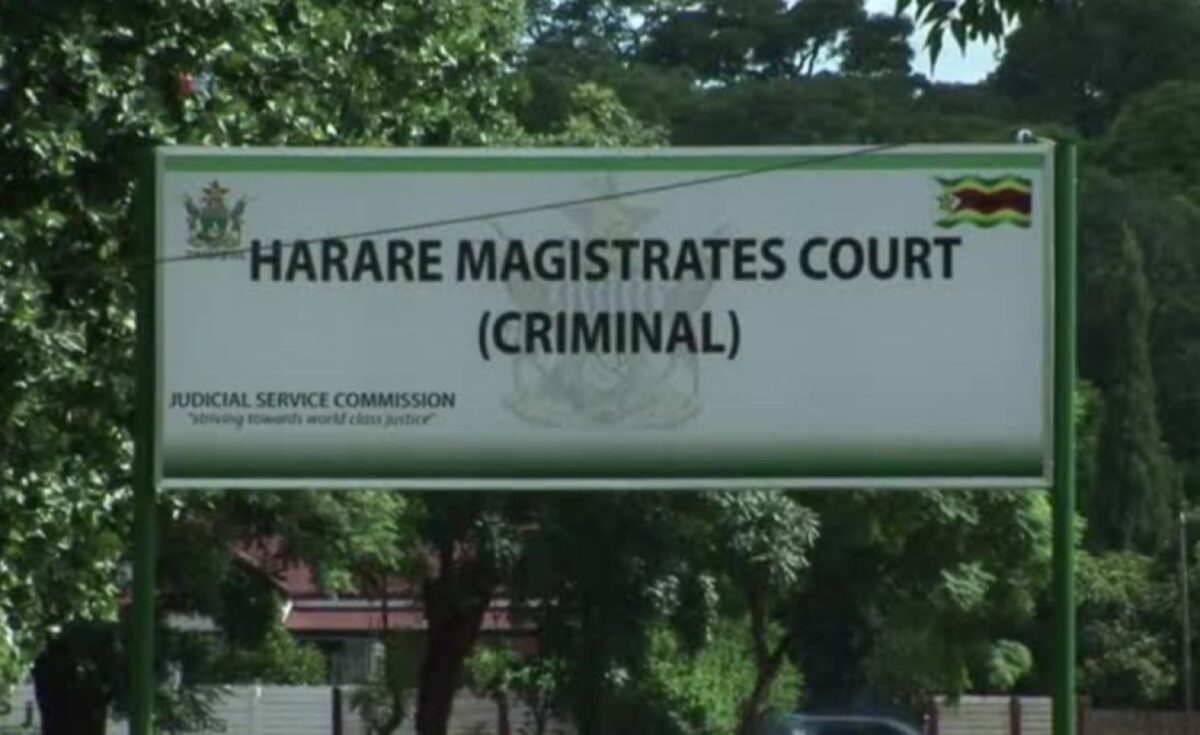HARARE – Home Affairs minister Kazembe Kazembe has caved in under immense public pressure and scrapped a US$20 application fee for Zimbabwe’s new passport.
The fee was to be collected by the Commercial Bank of Zimbabwe under an opaque arrangement which human rights lawyers had warned would be challenged in court.
In a statutory instrument published on Friday, Kazembe said he was repealing an earlier decree announcing new fees for the so-called “e-passport” which the government says has enhanced security features.
Kazembe has scrapped the application fee while maintaining prices of the new passports at US$100 for the ordinary passport and US$200 for an emergency passport. It remains unclear when the new passports will be issued.
Zimbabwe says the current passport booklet will be phased at the end of 2023, in the process compelling the 5.5 million passport holders in the country to apply for the new documents.
The Zimbabwe Lawyers for Human Rights wrote to Kazembe in December demanding to be “furnished with the procedures and criterion used to designate CBZ bank as the entity to be processing e-passports.” The bank is part-owned by petroleum tycoon Kudakwashe Tagwireyi, who is under American and British sanctions for corrupting state institutions.
The lawyers also described as “grossly unreasonable” the decision to phase out Zimbabwe’s current passport booklet by December 2023. Instead, they proposed that the current passports should be allowed to run their course and only then should holders apply for the e-passport.
Zimbabwe handpicked corruption-linked Belgian company Semlex, through its Lithuania-registered subsidiary Garsu Pasaulis, to print the new passports. The government has not said how long the contract will run for, and how much Garsu Pasaulis will make from the deal.
















